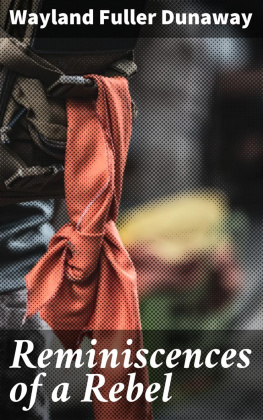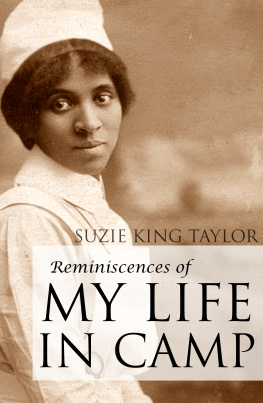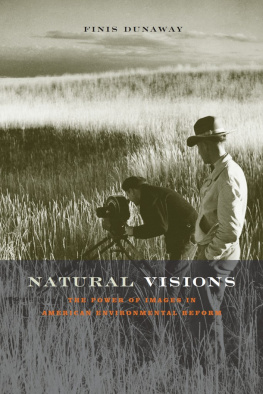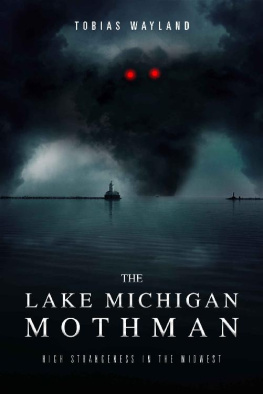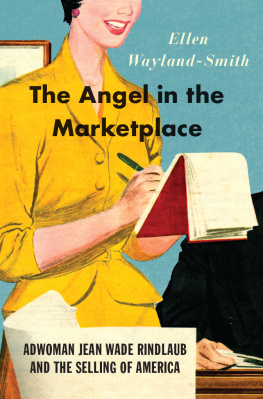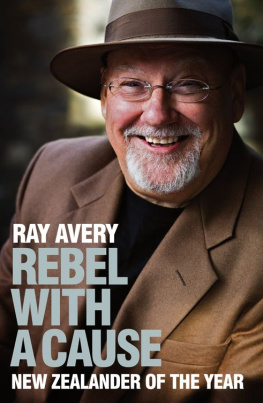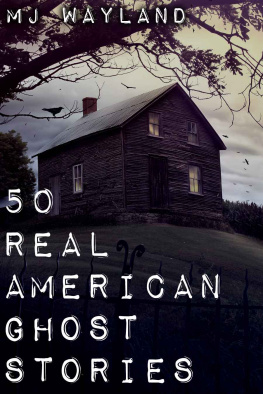PREFACE
Table of Contents
Notwithstanding the title of this volume, I do not admit that I was ever in any true sense a rebel, neither do I intend any disrespect when I call the Northern soldiers Yankees. The use of these terms is only a concession to the appellations that were customary during the war.
It is my purpose to record some recollections of the Civil War, and incidentally to furnish some historical notices of the brigade to which I was attached. Here and there I have expressed, also, some opinions concerning the great events of that dreadful period, some criticisms of the conduct of battles and retreats, and some estimates of the abilities of prominent generals.
The incentive to write is of a complex nature. There is a pleasure, especially to the aged, in reviving the memories of the past and narrating them to attentive hearers. Moreover, I hope that this book will furnish instruction to those who have grown up since the war, and entertainment to older persons who participated in its struggles, privations, and sorrows. And besides, the future historian of that gigantic conflict may perhaps find here some original contribution to the accumulating material upon which he must draw. He will need the humble narratives of inconspicuous participants as well as the pretentious attempts of the partial historians who have preceded him. The river flows into the sea, but the river itself is supplied by creeks and rivulets and springs.
W. F. D.
REMINISCENCES OF A REBEL
Table of Contents
CHAPTER I
Table of Contents
"Lay down the axe; fling by the spade;
Leave in its track the toiling plow;
The rifle and the bayonet-blade
For arms like yours were fitter now;
And let the hands that ply the pen
Quit the light task, and learn to wield
The horseman's crooked brand, and rein
The charger on the battle field."
Bryant.
In the fall of the year 1860, when I was in my nineteenth year, I boarded the steamboat Virginiathe only one then running on the Rappahannock riverand went to Fredericksburg on my way to the University of Virginia. It was my expectation to spend two sessions in the classes of the professors of law, John B. Minor and James P. Holcombe, and then, having been graduated, to follow that profession in Lancaster, my native county.
The political sky had assumed a threatening aspect. The minds of the Southern people had been inflamed by the insurrectionary raid of John Brown upon Harper's Ferry, especially because it had been approved by some Northern officials, and because the surrender of some fugitives from justice, who had taken part in that murderous adventure, had been refused by Ohio and Iowa. The election of Abraham Lincoln added fuel to the flame. Having been nominated by the Republican party, he was constitutionally chosen President of the United States, although he had not received a majority of the popular vote. The election was ominous, because it was sectional, Mr. Lincoln having carried all the Northern states but not one of the Southern. The intensest excitement prevailed, while passion blew the gale and held the rudder too.
While I believed in the right of secession I deprecated the exercise of that right, because I loved the Union and the flag under which my ancestors had enjoyed the blessings of civil and religious liberty. I did not think that Lincoln's election was a sufficient cause for dissolving the Union, for he had announced no evil designs concerning Southern institutions; and, even if he had, he was powerless to put them into execution. He could have done nothing without the consent of Congress, and his party was in a minority both in the Senate and in the House of Representatives.
Before Christmas South Carolina, not caring for consequences and blind to the horrible future, passed an ordinance of secession; and her example was followed in quick succession by Mississippi, Florida, Alabama, Georgia, Louisiana, and Texas. These seven states organized the Southern Confederacy, of which Jefferson Davis was inaugurated President, February 18, 1861. In April Fort Sumter was captured, and on the 15th of that month President Lincoln issued a proclamation calling on the remaining states to furnish their quotas of an army of seventy-five thousand soldiers for the purpose of destroying the Confederate government. Two days later the Virginia convention passed an ordinance of secession. Being compelled to take sides, the Old Dominion naturally cast her lot with her Southern sisters. War had begunintestine war, of whose magnitude and duration no living man had any adequate conception.
These events conspired with other causes to infuse in me a martial spirit. The conviction was growing in me that, as my native state was about to be invaded, I must have a place in the ranks of her defenders. I was influenced by speeches delivered by Governor Floyd, Professor Holcombe, and Dr. Bledsoe, and still more by the contagious example of my roommate, William H. Chapman, who had gone with a company of students to Harper's Ferry, and had returned. What brought the conviction to a head was a flag. One morning in the latter part of April, as I was walking from my boarding-house to the University I saw a Confederate banner floating above the rotunda. Some of the students during the night, surmounting difficulty and braving danger, had clambered to the summit and erected there the symbol of a new nation. I was thrilled by the sight of it as if by an electric shock. There it was, outstretched by a bracing northwest wind, flapping defiantly, arousing patriotic emotion. Unable longer to refrain, I went as soon as the lecture was concluded to Professor Minor's residence and told him I was going to enter the military service of Virginia. He sought to dissuade me, but, perceiving that he could not alter my rash decision, he gave at my request a written permission to leave his classes.
But how to get home?that had become a perplexing question. I could not go the way I had come, because the Virginia fearful of capture had ceased to make trips from Fredericksburg to Lancaster, and there was no railroad to that part of the state. Knowing that my uncle, Addison Hall, was a member of the Convention, I determined to take a train to Richmond and seek his advice. I felt relieved when he informed me that he was going the next morning, and that I could go along with him. We took an early train to West Point, and being ferried across the Mattaponi river, obtained from one of his friends a conveyance to Urbanna. We hired a sloop to take us to Carter's creek, and thence we proceeded in a farm wagon to his home in the village of Kilmarnock. The next morning he sent me to the home of the Rev. Dr. Thomas S. Dunaway, my brother, and my guardian.
In a few days I enlisted in a company that was being raised by Captain Samuel P. Gresham, who had been a student at the Virginia Military Institute. And thus the student's gown was exchanged for the soldier's uniform.
Before we were regularly mustered into service an expedition was undertaken that indicated at once the forwardness of our people to engage the enemy and their ignorance of military affairs. The report having been circulated that a Federal gunboat was lying in Mill Creek in Northumberland county, its capture, or destruction, was resolved upon by about a hundred men, who had assembled at the county seat of Lancaster. With no weapons except an old smooth-bore six-pound cannon, and that loaded with scrap iron gathered from a blacksmith's shop, we proceeded to Mill Creek and unlimbered on the bank in plain view of the boat, and distant from it some two or three hundred yards. I have always been glad that we had sense enough to refrain from shooting, for otherwise most of us would have been killed then and there. Seeing the hopelessness of an unequal combat, we retired from the scene somewhat wiser than when we went. In that instance was not "discretion the better part of valor"?


